Hurricane Fiona caused a power outage Sunday in Puerto Rico, bringing torrential rains and causing “significant” damage to this American island, before heading to the Dominican Republic.
Governor Pedro Pierluisi said at a news conference on Sunday that Fiona in particular caused landslides, toppled trees and power lines, rendered roads impassable and led to the collapse of a bridge in the mountainous town of Ottoado in the central island. evening.
Pierluisi added that the area, with a population of more than three million, was deprived of electricity as the hurricane approached, saying that the power grid was out of service.
The hurricane, which made landfall at 3:20 p.m. on Puerto Rico’s southwest coast, near Punta Tocón, and has winds of up to 140 km/h, is located off Puerto Rico and is expected to hit the Dominican Republic on Monday.
However, heavy rain is expected to continue to fall on the island at night from Sunday to Monday, causing sudden and devastating floods.
Fiona will remain a “disastrous event due to flood effects” in the central highlands east and south of Puerto Rico, Pierluisi tweeted, adding that between 23 and 33 cm of rain fell in just five hours.
The National Hurricane Center said “the amounts of rain will lead to catastrophic flooding and urban flooding in Puerto Rico and parts of eastern Dominican Republic, as well as mudslides and landslides in higher areas.”
Before Fiona arrived in the Dominican Republic, President Luis Abenader announced that public and private services would be closed on Monday.
Heavy rain began to fall on Sunday evening in Nagoa (North), a coastal town of about 80,000 people located in one of the areas that has declared a red alert.
Fiona must get stronger
The depression, which turned from a tropical storm to a Category 1 hurricane on Sunday, is expected to intensify and become “significant within 48 hours” according to the NHC, before turning north toward the Atlantic Ocean.
In the town of Ottoado, a family watched their zinc roof rip off, as happened in 2017 during Hurricane Maria, according to local media.
It is a very complicated and sad situation. “The damage we are seeing is catastrophic in several regions,” Pierluisi told reporters at a news conference on Sunday.
“The whole island is experiencing a large accumulation of rain. Multiple severe damages have been reported in many cities.”
Fiona had already caused extensive damage during her visit to Guadeloupe during the night from Friday to Saturday. In some places, the water rose more than 1.50 meters. There is a man who died, carried by the waves of a river that flooded his house.
US President Joe Biden declared a state of emergency for Puerto Rico on Sunday, allowing the Federal Emergency Management Agency to provide assistance.
The NHC also said tropical storm conditions are expected in the Turks and Caicos Islands and the southeastern Bahamas by late Monday or Tuesday morning.
Mr Pierluisi told the press that the authorities had repeated the “request made to the population, to which most of them responded, to stay at home or seek asylum if they need it”.
As the ocean surface warms, the frequency of more intense hurricanes increases, with more violent winds and more significant rainfall. In particular, they pose an increased risk to coastal communities.
Puerto Rico, a former Spanish colony, which became a US territory at the end of the 19th century before it gained special “Associated Free State” status in the 1950s, has been experiencing serious infrastructure problems for several years.
The island was devastated in 2017 by hurricanes Irma and Maria causing severe damage to the power grid. This was then privatized in June 2021 with the stated aim of solving the blackout problem. However, the island was hit by a power outage in April 2022.

“Total coffee aficionado. Travel buff. Music ninja. Bacon nerd. Beeraholic.”





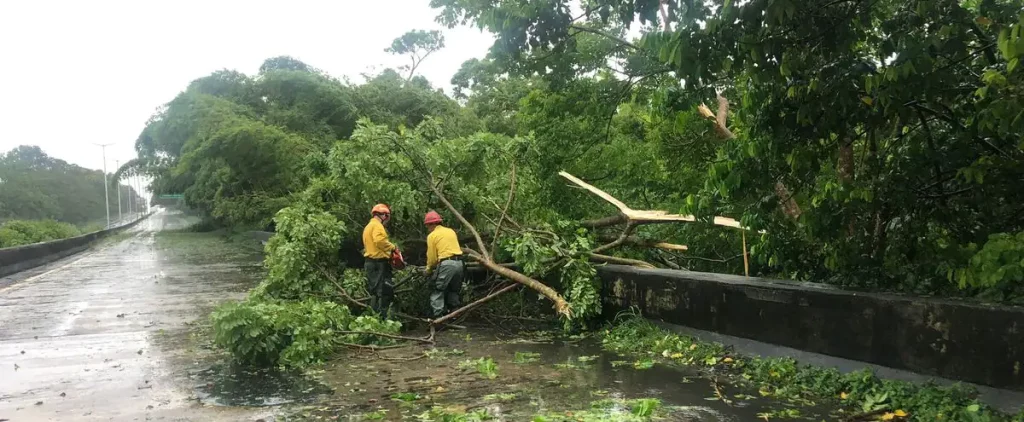
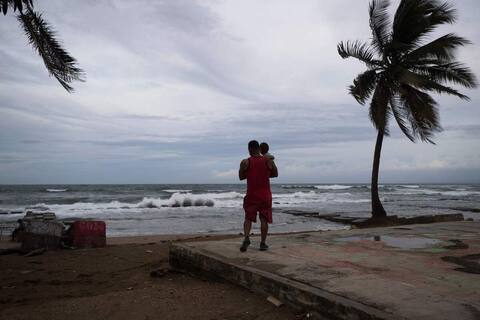
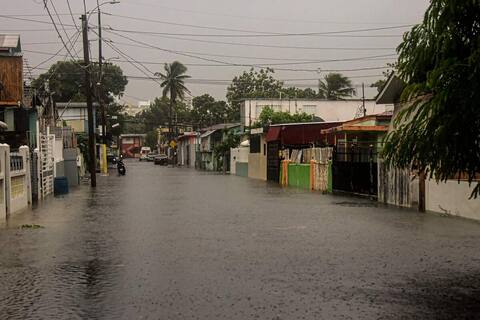
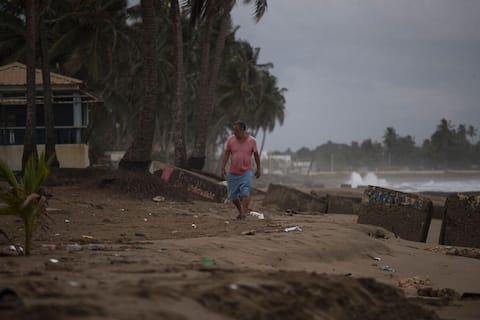
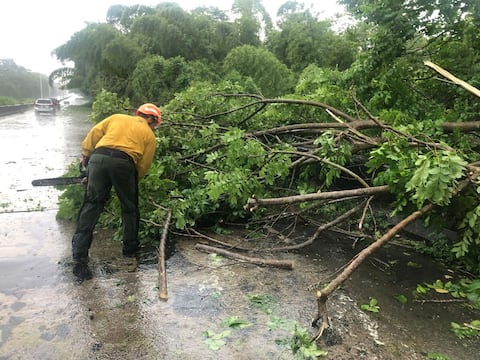
More Stories
Fluoroscopy | “Self-coup”?
This is why you find it difficult to wake up in the morning.
She meets her boss at the airport after taking sick leave.